177881
Tris(hydroxymethyl)phosphine
90%
Synonyme(s) :
Phosphinidynetrimethanol, Trimethylolphosphine, Tris(methanol)phosphine
About This Item
Produits recommandés
Essai
90%
Capacité de réaction
reaction type: Buchwald-Hartwig Cross Coupling Reaction
reaction type: Heck Reaction
reaction type: Hiyama Coupling
reaction type: Negishi Coupling
reaction type: Sonogashira Coupling
reaction type: Stille Coupling
reaction type: Suzuki-Miyaura Coupling
Pertinence de la réaction
reagent type: ligand
pb
111-113 °C/2.5 mmHg (lit.)
Pf
48-56 °C (lit.)
Groupe fonctionnel
phosphine
Chaîne SMILES
OCP(CO)CO
InChI
1S/C3H9O3P/c4-1-7(2-5)3-6/h4-6H,1-3H2
Clé InChI
JMXMXKRNIYCNRV-UHFFFAOYSA-N
Catégories apparentées
Mention d'avertissement
Danger
Mentions de danger
Conseils de prudence
Classification des risques
Acute Tox. 3 Oral - Eye Dam. 1 - Skin Irrit. 2 - STOT SE 3
Organes cibles
Respiratory system
Code de la classe de stockage
6.1C - Combustible acute toxic Cat.3 / toxic compounds or compounds which causing chronic effects
Classe de danger pour l'eau (WGK)
WGK 3
Point d'éclair (°F)
Not applicable
Point d'éclair (°C)
Not applicable
Faites votre choix parmi les versions les plus récentes :
Déjà en possession de ce produit ?
Retrouvez la documentation relative aux produits que vous avez récemment achetés dans la Bibliothèque de documents.
Les clients ont également consulté
Global Trade Item Number
| Référence | GTIN |
|---|---|
| 177881-25G | 4061838753526 |
Notre équipe de scientifiques dispose d'une expérience dans tous les secteurs de la recherche, notamment en sciences de la vie, science des matériaux, synthèse chimique, chromatographie, analyse et dans de nombreux autres domaines..
Contacter notre Service technique

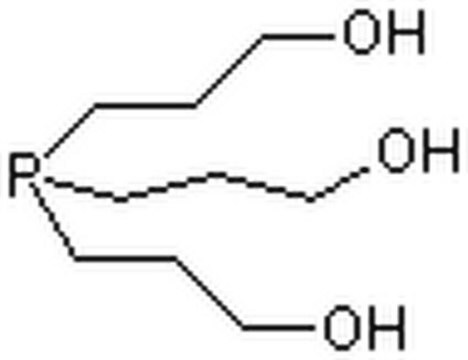



![Bis[tetrakis(hydroxymethyl)phosphonium] sulfate solution technical, 70-75% in H2O (T)](/deepweb/assets/sigmaaldrich/product/structures/236/818/d029a904-00ee-46ad-9fe2-2369f9894cc4/640/d029a904-00ee-46ad-9fe2-2369f9894cc4.png)
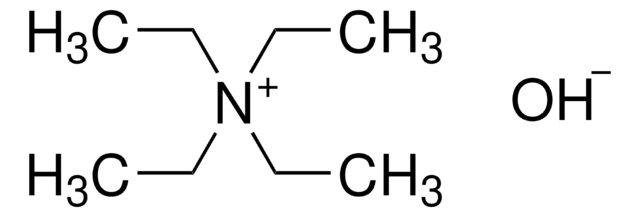
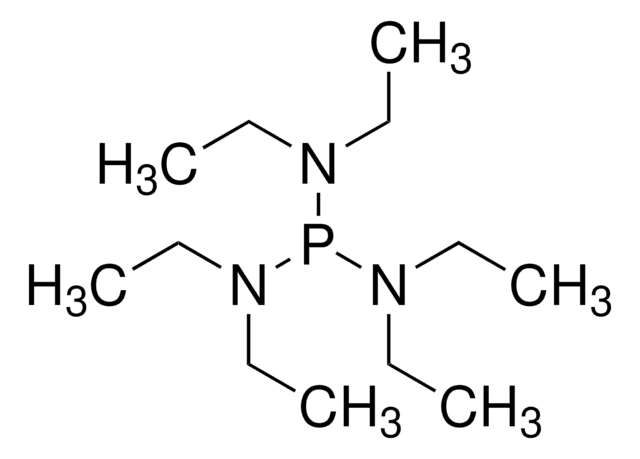
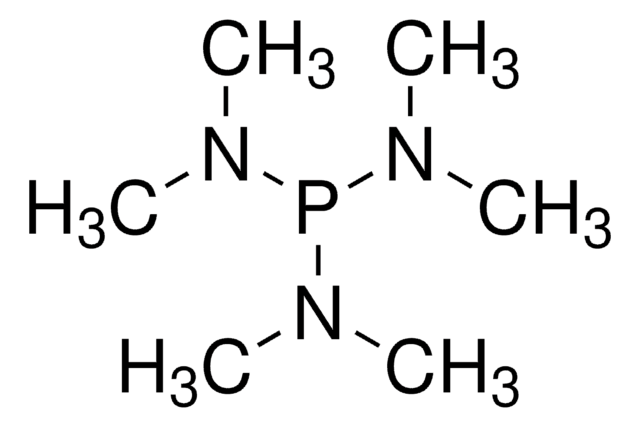


![3,7-Diacetyl-1,3,7-triaza-5-phosphabicyclo[3.3.1]nonane 97%](/deepweb/assets/sigmaaldrich/product/structures/198/979/42d0b946-b026-4831-b284-fcb0e91533d9/640/42d0b946-b026-4831-b284-fcb0e91533d9.png)
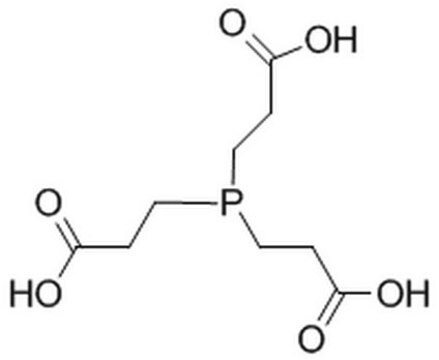
![Tetrakis[tris(dimethylamino)phosphoranylidenamino]phosphonium chloride 95%](/deepweb/assets/sigmaaldrich/product/structures/160/963/9dd6d457-17b2-44dc-8ea2-d3c0475b3664/640/9dd6d457-17b2-44dc-8ea2-d3c0475b3664.png)